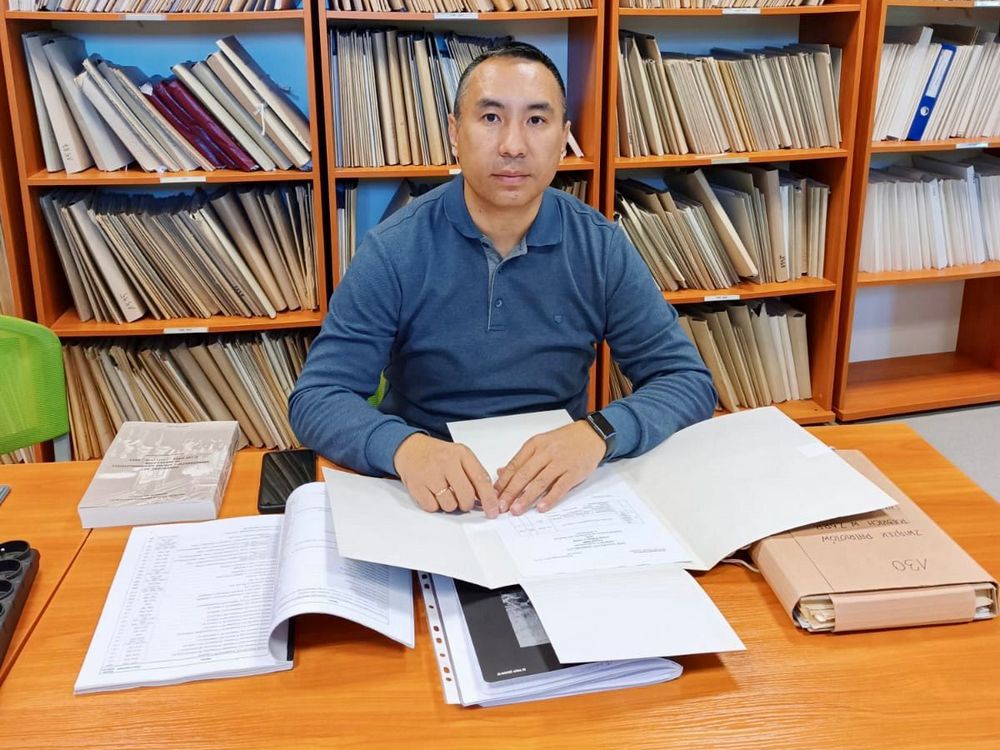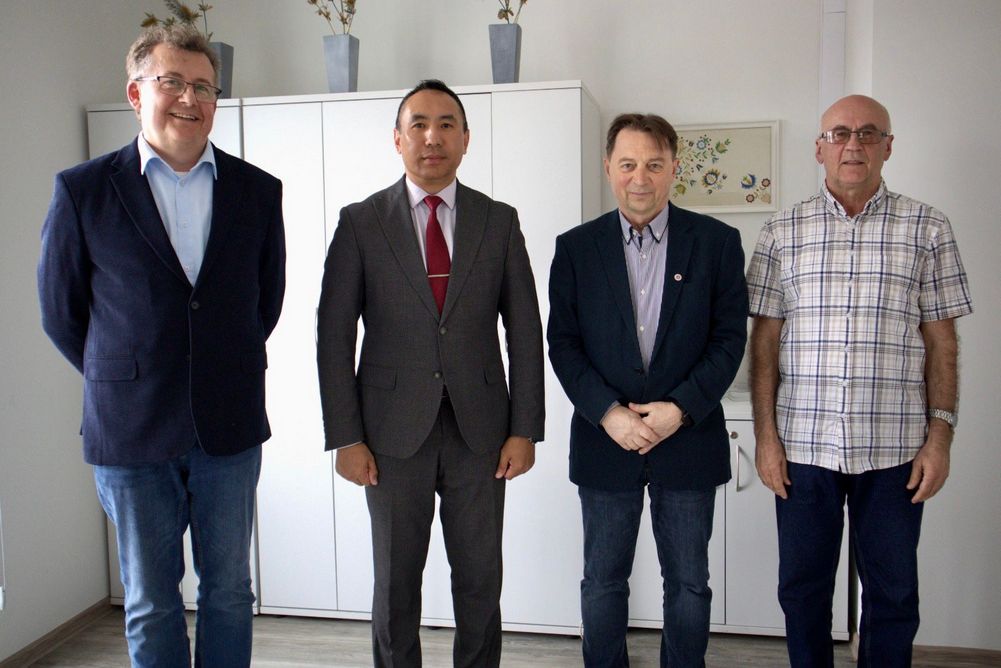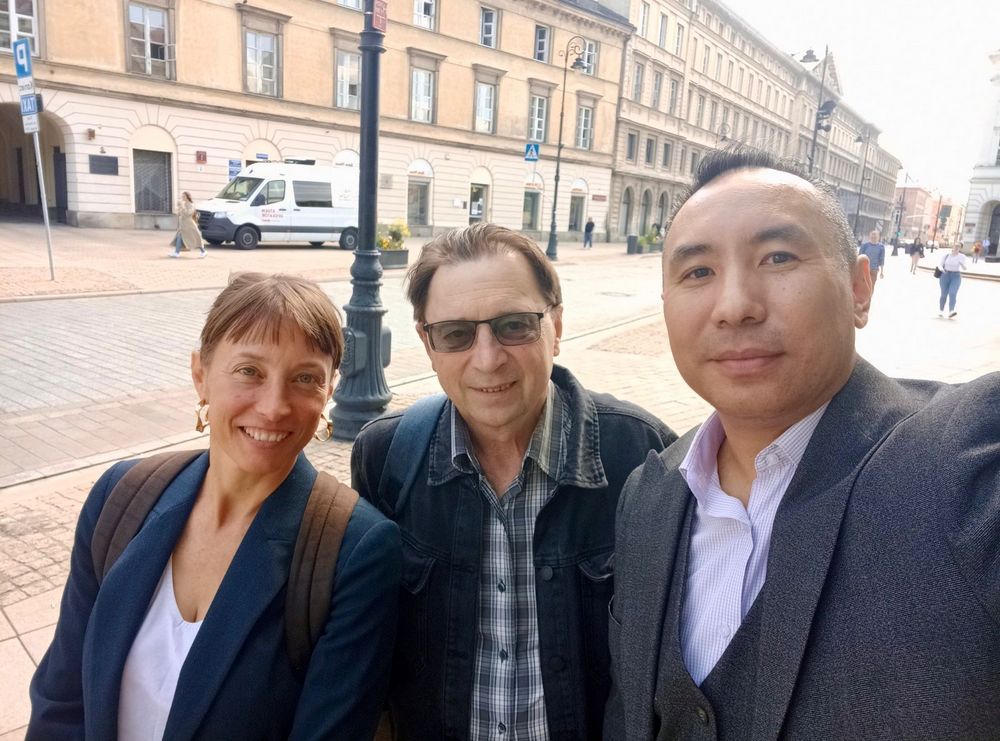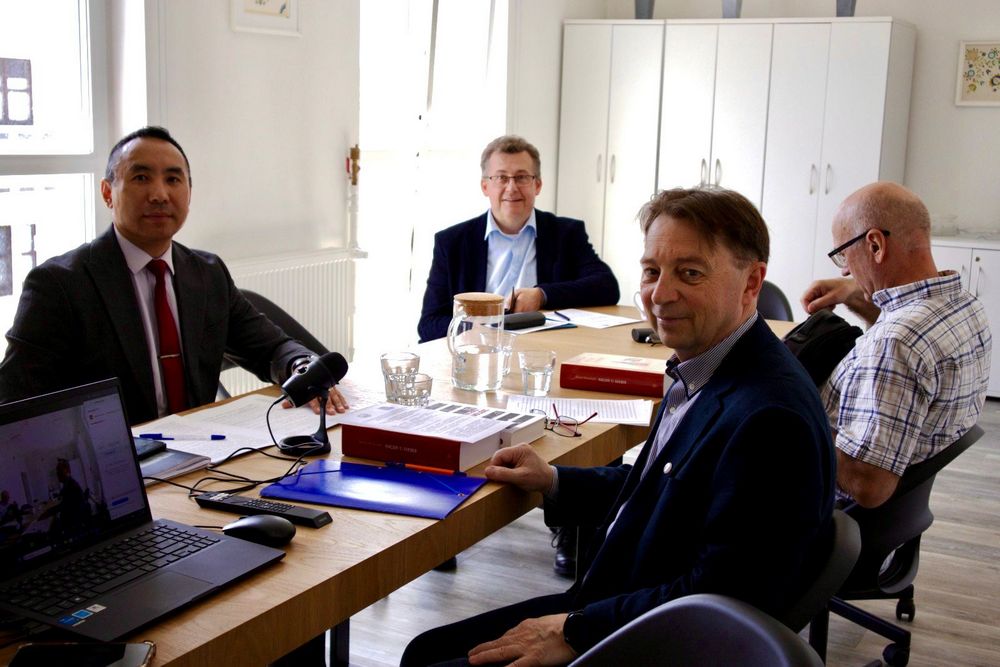Dean of the Faculty of Social and Human Sciences at Baitursynyly University and Candidate of Historical Sciences, Alibek Tabuldenov, has successfully completed an international research fellowship at the Institute of Slavistics of the Polish Academy of Sciences (Warsaw, Poland).
The fellowship lasted from April 1 to June 30 and was made possible through the annual “500 Scientists” fellowship under the international Bolashak program.
Founded in 1954, the Institute of Slavistics of the Polish Academy of Sciences is a leading research institution in Central and Eastern Europe, boasting over 70 years of scholarly tradition. Its research spans linguistics, literary studies, cultural studies, history, ethnology, and sociology.
During the fellowship, all tasks set out in the approved program were fulfilled:
On May 21, Mr. Tabuldenov organized an international roundtable in online format entitled “Polish Special Settlers in Northern Kazakhstan: Population, Settlement, Demographic Structure, Employment, Educational Level.” Scholars from the Polish Academy of Sciences, the University of Warsaw, and Akhmet Baitursynuly Kostanay Regional University participated in this event.
Throughout the fellowship, Mr. Tabuldenov held working meetings and consultations with leading Polish scholars — historians, ethnologists, cultural studies experts, philologists, and sociologists from the Institute of Slavistics; deans of the Faculty of History and the Faculty of Oriental Studies at the University of Warsaw; colleagues from the University of Białystok; researchers from the J. Mieroszewski Center, the Pilecki Institute, and the Museum of Siberian Memory.
As a result of these encounters, avenues for educational and scientific collaboration have been identified.
By the end of the fellowship, a monograph and a collection of archival documents have already been published, and two manuscripts of research articles on the subject have been prepared.
“The knowledge, skills, and professional competencies acquired during this fellowship will be applied in educational and scientific endeavors, as well as in promoting interethnic and interfaith dialogue and harmony,” — notes the scholar.




